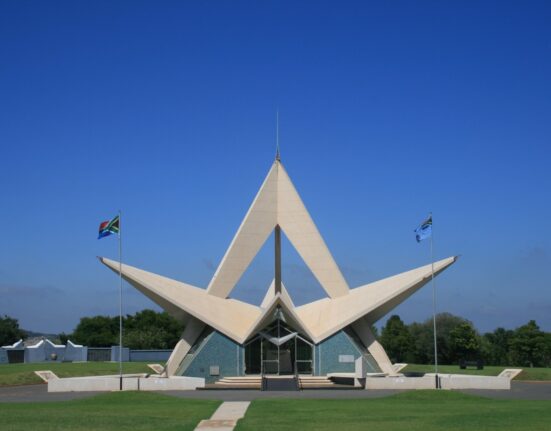In a significant turn of events, the Court of Appeal has made a pivotal decision regarding the Kano State Independent Electoral Commission (KASIEC) and the local government election it oversaw on October 26, 2024. The judgment delivered by a Federal High Court in Kano, which had initially voided the election’s composition, has been reversed.
The three-member panel, led by Justice Biobele Abraham Georgewill, reached a unanimous verdict asserting that cases concerning the structure of state electoral bodies and the eligibility of their members fall outside the jurisdiction of the Federal High Court. As Justice Georgewill stated,
“The Federal High Court lacked the jurisdiction to entertain such matters.”
Quoting from the court proceedings, Justice Georgewill emphasized that
“the proper venue with requisite jurisdiction for such disputes is indeed the High Court of Kano State.”
This redirection signifies a legal shift in where such electoral disputes should be adjudicated moving forward.
Moreover, in a separate ruling on Friday, another judgment issued by the Federal High Court in Kano was overruled. This particular ruling had rejected the candidate list submitted to KASIEC by the Musa Kwakwanso faction of the New Nigeria People’s Party (NNPP) for Kano State’s previous local government election.
The appellate court clarified that matters related to internal party leadership conflicts and candidate nominations do not fall under its purview. In echoing this sentiment, one can glean that
“issues surrounding party leadership and candidate selection are deemed non-justiciable,”
as per legal standards.
Experts suggest that this series of judgments showcases a delineation between federal and state judicial competencies in electoral matters within Nigeria. By affirming state courts’ role in addressing localized issues like those concerning KASIEC and party candidacies, it reinforces legal decentralization principles crucial for effective governance.
Legal analysts anticipate that this precedent set by the Appeal Court will guide future electoral litigations towards more appropriate judicial forums at both federal and state levels. The delineation established here serves as a clarion call for parties involved in similar disputes to seek redress within relevant legal jurisdictions promptly.
In conclusion, these reversals highlight not only legal technicalities but also underscore broader constitutional principles guiding Nigeria’s democratic processes. The nuanced interplay between federal and state legal frameworks elucidates an evolving jurisprudence aimed at ensuring fair and transparent electoral practices across all levels of governance.








Leave feedback about this